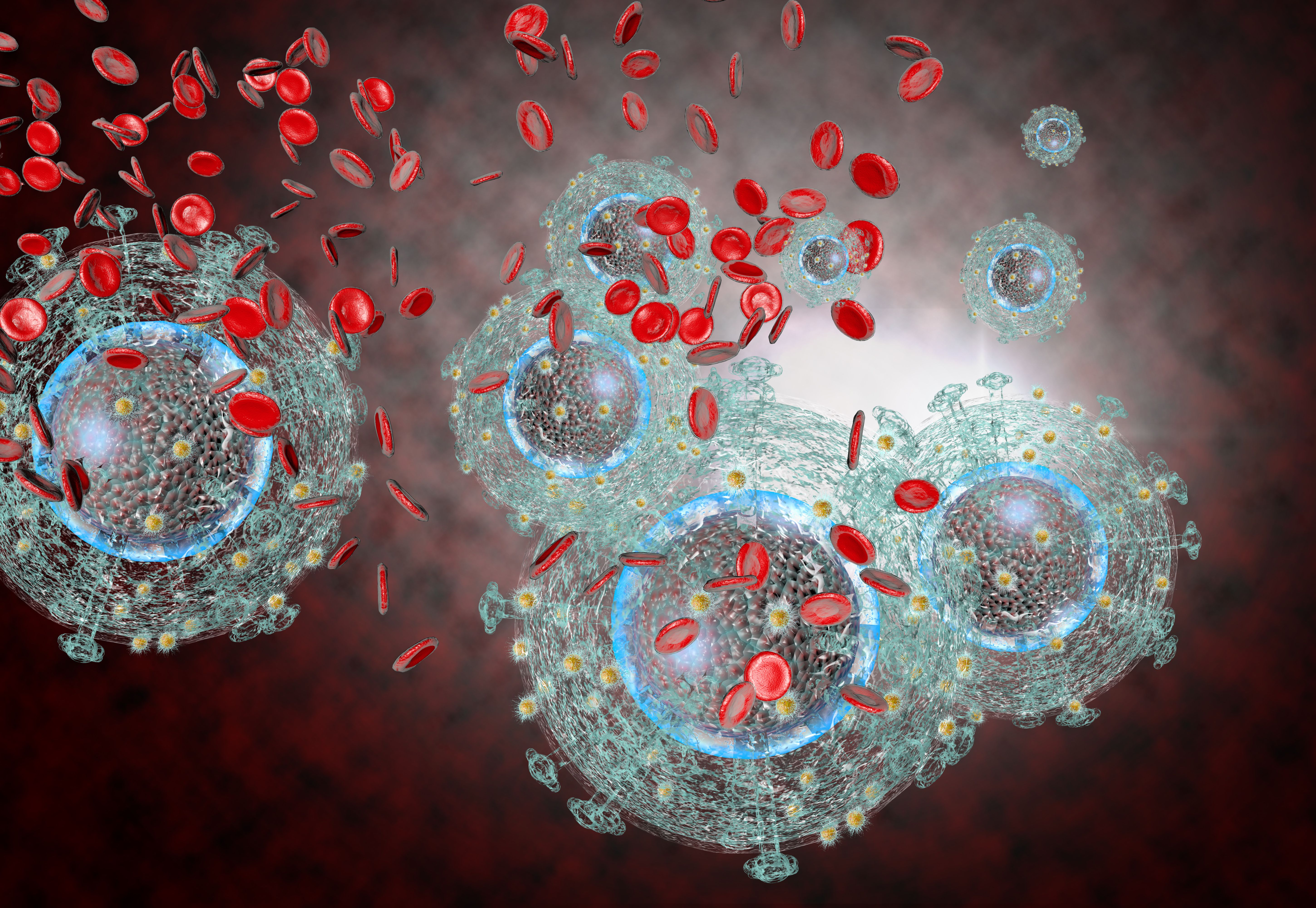- Center on Health Equity & Access
- Clinical
- Health Care Cost
- Health Care Delivery
- Insurance
- Policy
- Technology
- Value-Based Care
Nivolumab Safe in Patients With HIV, Cancer Using ART
Patients who have HIV and are using antiretroviral therapy (ART) did not have adverse outcomes when using nivolumab for cancer treatment.
Cancer treatment with nivolumab was found to not have an adverse effect (AE) on people living with HIV (PLWH) using antiretroviral therapy (ART) who had cancer, according to a study published in Cancer. This result indicates that immune function will continue as normal for PLWH.
ART has reduced of mortality and improved life expectancy in PLWH. However, cancers that aren’t defined by AIDS now are increasing in PLWH, some of which require immunotherapy. Nivolumab is a monoclonal antibody that stops the binding of programmed death 1 (PD-1) and CD80 to programmed death-ligand 1 and is important to treating several cancers. However, PLWH may be excluded from clinical trials of nivolumab due to concerns about efficacy and HIV reactivation. This prospective study aimed to determine the safety of nivolumab in PLWH with a CD4 count less than 100/mL and an undetectable or very low viral load who have advanced cancers.
Aids HIV Virus | Image credit: Ezume Images - stock.adobe.com

Patients with HIV and a confirmed solid tumor, either metastatic or unresectable, and patients with Kaposi sarcoma (KS) were eligible for the study. Patients with cancers that weren’t responsive to nivolumab were not eligible. Those with KS had to have progressing KS despite ART and HIV suppression for at least 2 months or a stable viral load for at least 3 months despite ART. Participants were able to participate if they had a CD4 count of 100 cells/mL and had effective ART for 4 weeks.
A dose de-escalation design was used for the study. Participants received 3 mg/kg every 2 weeks for 46 doses while they continued ART. Dose-limiting toxicity (DLT) was defined as stopping treatment within 6 weeks of the first dose or any drug-related death or grade 3/4 events that led to discontinuation.
Thirty-six patients were enrolled between October 21, 2015, and January 6, 2020, who received at least 1 dose of the treatment. The median (IQR) age of the cohort was 54.6 (47.5-59.3) years, 91.7% were male, and 58.3% were non-Hispanic White. The median CD4 count was 315 (228-441) cells/mL. Fifteen patients had KS, 12 had other solid tumors, and 9 had cancers where PD-1 agents had shown efficacy. The median number of doses for the participants was 5.5 (4-13). Thirty participants discontinued therapy due to disease progression, AEs, patient withdrawal, or death.
Twenty-nine participants had an AE related to treatment; 25% were grade 3 or higher, and 88% of AEs were grade 1 or 2. Fatigue, nausea, rash, lymphopenia, and diarrhea were the most common AEs related to treatment.
An objective response was found in 25% (95% CI, 12.1%-42.2%) of patients, all of whom had baseline CD4 count of 200 or more. Patients who had a CD4 count between 100 and 199 did not have any objective response. No complete responses were recorded. Six patients living with HIV and KS had a partial response (40%; 95% CI, 16.3%-64.7%) along with 3 PLWH who had squamous cell carcinoma of skin, adenocarcinoma of the gallbladder, and colon cancer.
Eleven patients (30.6%) had clinical benefit of an objective response for at least 6 months, 5 of whom had responses that lasted longer than 6 months (13.9%). The 2 patients who had PD-L1–positive tumors did not achieve objective response or stable disease. There were also no statistically significant changes in CD4 count from baseline to the fourth treatment cycle.
The limitation of this study was that most of the patients enrolled were men.
The researchers concluded that nivolumab was safe for PLWH on ART who had cancer and a suppressed HIV viral load. Nivolumab did not affect ART's ability to keep the viral load suppressed and the CD4 count stable.
Reference
Rajdev L, Wang CCJ, Joshi H, et al. Assessment of the safety of nivolumab in people living with HIV with advanced cancer on antiretroviral therapy: the AIDS malignancy consortium 095 study. Cancer. Published online November 14, 2023. doi:10.1002/cncr.35110
